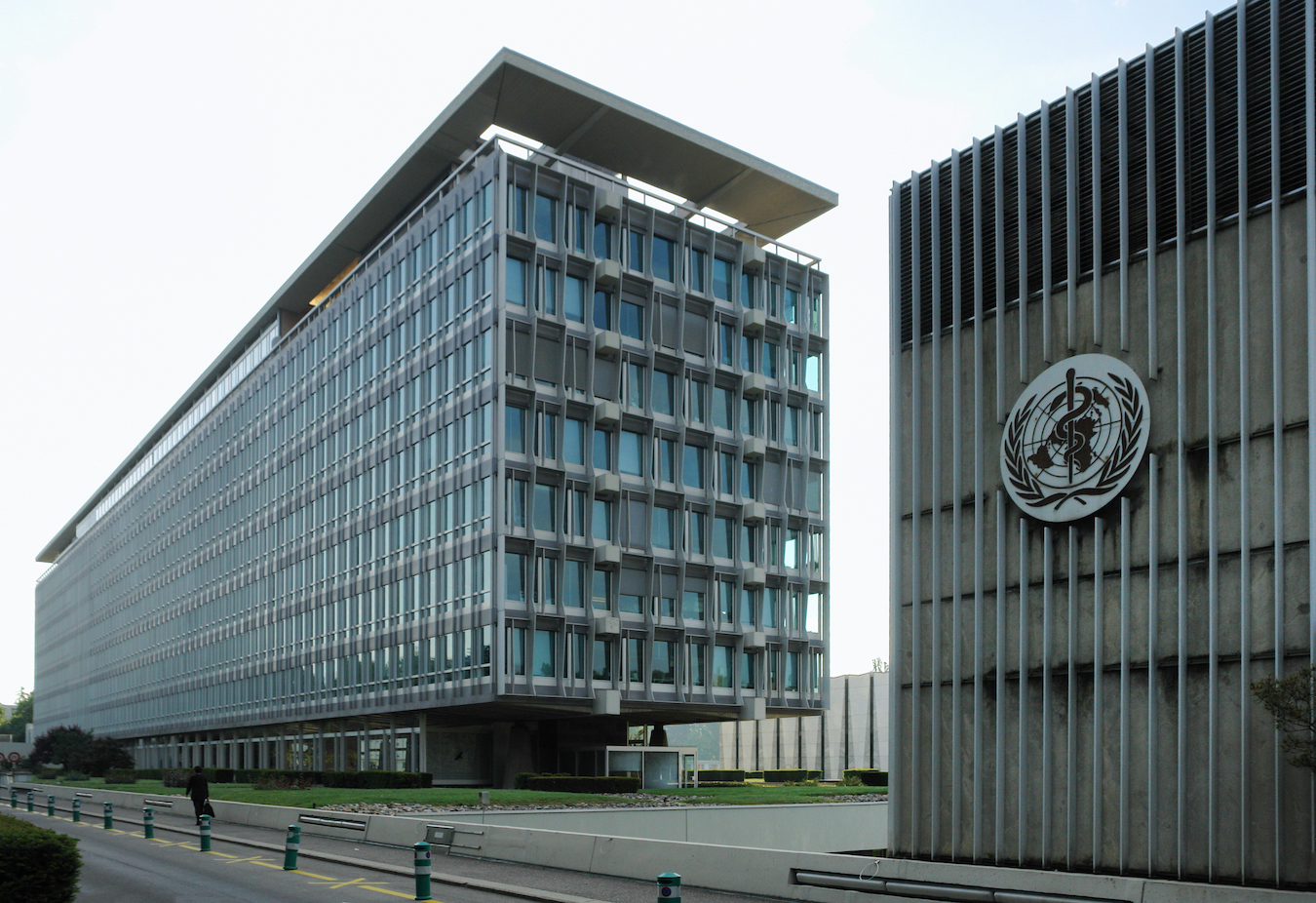by Brian Hioe
語言:
English
Photo Credit: US Mission Geneva/WikiCommons/CC
THE ANNUAL MEETING of the World Health Assembly (WHA), the governing body of the World Health Organization (WHO), is currently taking place from May 22nd to May 28th. Taiwan was allowed to participate in the WHO as an observer from 2009 to 2016 under the Ma administration. But after the Tsai administration took power, Taiwan was not allowed to participate, as a result of Chinese pressure. As with past years, Taiwan has sought to call attention to its exclusion from the WHA and WHO, to call for its inclusion as an observer. Nevertheless, efforts to gain admittance to the WHA have been comparatively quiet this year, compared to past years.
Earlier this month, the US House of Representatives passed a bill to call for Taiwan’s admittance to the WHA as an observer. The bill passed unanimously by 425 to zero and was signed into law by US President Joe Biden.
The bill, then, can be seen alongside other legislation supportive of Taiwan in past years. Yet, as there has been a wave of US legislation supportive of Taiwan in past years, the WHA bill itself does not represent any significant change.
 WHO headquarters in Geneva. Photo credit: Guilhem Vellut/WikiCommons/CC
WHO headquarters in Geneva. Photo credit: Guilhem Vellut/WikiCommons/CC
Likewise, Taiwan has seen backing from G7 economies in its bid for regaining observer status in the WHO. But this, too, is not a new development, with Taiwan increasingly seeing diplomatic visits from European countries, particularly strengthening ties with Eastern European countries. Japan, the lone non-western member of the G7, also touts the strength of its diplomatic relations with Taiwan at a time in which Japan is also cautious regarding China’s growing aggressiveness in the region.
The reason for the quieter push this year, then, may return to the failure of previous bids for membership by Taiwan that were unsuccessful. Early on in the COVID-19 pandemic, at a time in which Taiwan was among the rare exceptions globally in avoiding lockdowns because COVID-19 had been stopped at the borders, Taiwan tried to call for its admittance to the WHO with the argument that it had much to offer the world regarding lessons in fighting COVID-19. To this extent, Taiwan pointed to the potential dangers for global health of being left out of international information sharing or resource sharing that takes place through the WHO.
As this took place during a time of rising animosities between the US and China, the US and its allies backed Taiwan, making its bid for WHO participation significantly stronger than in past years. Yet Taiwan did not manage to make it onto the agenda for the meeting and eventually voluntarily dropped its calls to be included on the agenda, perhaps due to lack of support.
This year, the Czech Republic and Japan, as well as nine diplomatic allies of Taiwan, expressed support for Taiwan’s participation during the WHA. The health minister of Belize also did the same.
Nevertheless, one notes that the global narrative has shifted. And so while the global COVID-19 pandemic is not over, there is less attention on the pandemic than before. After the Russian invasion of Ukraine, this seems to be what has the international community occupied at present. Perhaps this is one reason why pursuing admittance to the WHO seems to be less of a priority for Taiwan at present.
The invasion of Ukraine has had significant effects on the international perception of Taiwan, particularly because of the implicit comparisons that are raised to a Chinese invasion of Taiwan. To this extent, in global political discourse, there was much contemplation about whether Taiwan could be next after an invasion of Ukraine.
 Photo credit: Yann/WikiCommons/CC
Photo credit: Yann/WikiCommons/CC
From this, one observes how the battle lines seem to have been drawn. In a time that some have referred to as the “new Cold War”, one notes that the framing is increasingly the view that “authoritarian” countries such as China or Russia are pitted against “democracies” such as western countries and their allies.
Taiwan has sought to insert itself in this framework, too, then. Apart from that senior government officials such as President Tsai Ing-wen and Premier Su Tseng-chang have expressed support for Ukraine and drawn comparisons with Taiwan, Taiwan has donated medical supplies, money, and other resources to Ukraine.
One can draw comparison to how Taiwan tried to strengthen ties with other countries during the COVID-19 pandemic through donations of medical supplies. Making these donations was, as with donations to Ukraine, a form of diplomatic signaling. That is, the aim for Taiwan in making these donations was self-interested, in trying to strengthen ties with countries that it donated. Donating to Ukraine, on the other hand, serves as a proxy issue for strengthening relations with the western countries currently supportive of Ukraine. This proves, then, a way in which the Ukraine conflict has perhaps superseded COVID-19 as a framework in which Taiwan tries to strengthen ties with potential allies that could help it ward off a Chinese invasion, as also seen in how efforts to regain WHO observer status were more low-profile this year compared to other endeavors. Another factor is likely the COVID-19 outbreak that Taiwan is currently experiencing.

